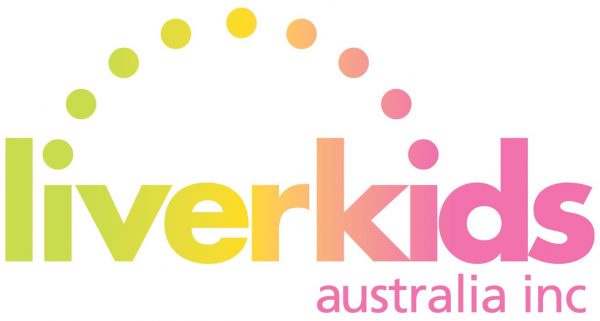So first, a disclaimer: when my liver kid was diagnosed and had a transplant in 2007/2008 social media wasn’t really a thing. And I certainly didn’t have a smart phone in the hospital with me. This means that my experience was quite different to today. Of course we googled ‘biliary atresia’ after our first specialist visit, and saw all of the information about possible outcomes – liver transplant being the most likely. Looking back, I don’t think reading this information helped me. Really, it just added more stress to what was already a traumatic experience.
Today, there are hundreds of Facebook pages following children’s liver transplant journeys. Searching Biliary Atresia alone, brings up 145 pages and 76 groups, as well as fundraising websites telling harrowing stories of illness. This means that there is a lot of information out there for parents who are looking for it. For many, this is reassuring, you can see that other people have had similar experiences and might understand what you are going through. It’s really tough to go through liver disease with your child and it’s natural and helpful to seek information and support from others who have shared the experience.

But there is a definite downside to all of this information and there are 2 main reasons.
Liver Disease is Very Individual
Firstly, as your child’s clinical team will tell you, liver disease progresses at different rates and with different symptoms or side effects in each child. So if you are reading terrible stories from other parents you can get the impression that ALL of those things will happen to your child. You will worry about things that might never occur in your case, adding to the number of things you already have to worry about.
If you read anything that disturbs you, talk to your child’s team and ask all the questions you can. Trust their answers and remember that you can always ask for a second opinion if you are really concerned. Remember that your clinical team have seen hundreds of patients and have decades of experience.
Place Does Matter
The second problem with all of the information that is online is that much of it is irrelevant to the Australian experience. We have universal health care and people receive the same treatment regardless of income or status.
That is not the case in the USA, which is why so many stories out of the US are so bleak. Some children don’t get the medical care they need because of insurance or financial issues. The story of an American child waiting for a transplant is not a good indication of the experience you and your family can expect.
Check Facts for Peace of Mind
So, how do you know which sources are worth looking at online? Australian government websites are trustworthy, as are the websites of reputable Australian, US and UK children’s hospitals. When you are reading online articles, do some fact checking:
- Can you find the information they present on other sites?
- Is it written by someone with medical experience?
- Is the health system they describe similar to Australia?
If you can answer yes to at least a couple of these questions, then the information is likely OK. But if you are reading information that is describing just one person’s experience, or is trying to raise money for an individual, be wary. It doesn’t mean it won’t be useful to you, but you risk being misled by information that won’t apply to your family’s experience.
Information about organ donation rates and the wait on the transplant list is particularly prone to mis-representation but easily checked. You can find up to date information on the DonateLife website.
Liver Kids have also added a Useful Information section to our website to help you find some facts.

(click HERE to download the infographic)
Sharing Your Story
Don’t feel as though you are obliged to share your own story on social media either. You will want to keep your family and close friends up to date with what is happening, but consider making that private.
Very important reasons for social media privacy in the case of transplant are to protect the identity of your child and the timing of transplant when it does happen. While you will want to thank your donor family, you may not be ready for them to contact you directly as a result of finding you through social media.
It can be hard to stay focused on the future when you are in the middle of a liver disease diagnosis and treatment, but the outcomes in Australia are excellent and in later life, your eye-rolling teenager won’t thank you for publicly sharing all of the details of their childhood illness.
Bottom line – this is your journey, don’t feel that you have to share it with anyone unless you want to. And try not to take on the burden of anyone else’s experience either. You are on a hard road, be kind and make it as easy as possible for yourself.
Need Support?
Liver Kids Australia has a network of experienced families who can provide support and advice if you have a new diagnosis or are waiting for a transplant. Contact Rachel on 0407 061 634 or at rachel@liverkids.org.au
Featured Photo Credit: http://www.hastac.org

